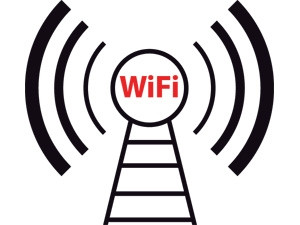
Although new, faster WiFi standards have been available since last year, many enterprises remain reluctant to make the switch for fear of disrupting existing infrastructures. This is the view held by pundits during a debate on the 802.11ac wireless specification at NetEvents.
The WiFi Alliance and the Institute of Electrical and Electronics Engineers introduced a range of products linked to the 802.11ac specification - which uses the 5GHz band, and greater bandwidth to reduce interference and boost data rates - in the fourth quarter of last year. The new specification offers higher data transfer speeds and capacities, and a maximum theoretical data transfer speed of more than 3Gbps.
According to Dominique Vanhamme, GM of networking for Europe, Middle East and Africa at Dell, WiFi provision has changed from an add-on in many office environments into a "business-critical" element. "The big change for CIOs has come as organisations cater for mobility efforts and bring-your-own-device approaches.
"The added range of devices now brought to offices has broadened the connectivity prospects for companies," he said.
Meanwhile, Jacob Rapp, global leader for marketing at HP, says even though the older 802.11 specification is among the most widely-used by businesses, they still need to understand how either version aids or hampers operations. "It depends on what drives the business. If your company's core functions are bandwidth-dependent, then it makes little sense to stay with the older version."
However, noted Gartner VP Ian Keene, problems with WiFi network deployments usually emerge once connectivity is activated, as network speeds and general access proves problematic.
Roger Hockaday, director of marketing for Europe, Middle East and Africa at Ruckus Wireless, said businesses outside the technology industry have led the way in deploying WiFi as key to their value-added benefits.
"The hospitality industry has, for example, led the way in deploying relevant, reliable connectivity for hotel or perhaps restaurant guests. If some places immediately notify you when you are back within range of a hotspot, then businesses could also work to ensure their systems can adequately supply a decent amount of connectivity on a consistent basis," he said.
Share